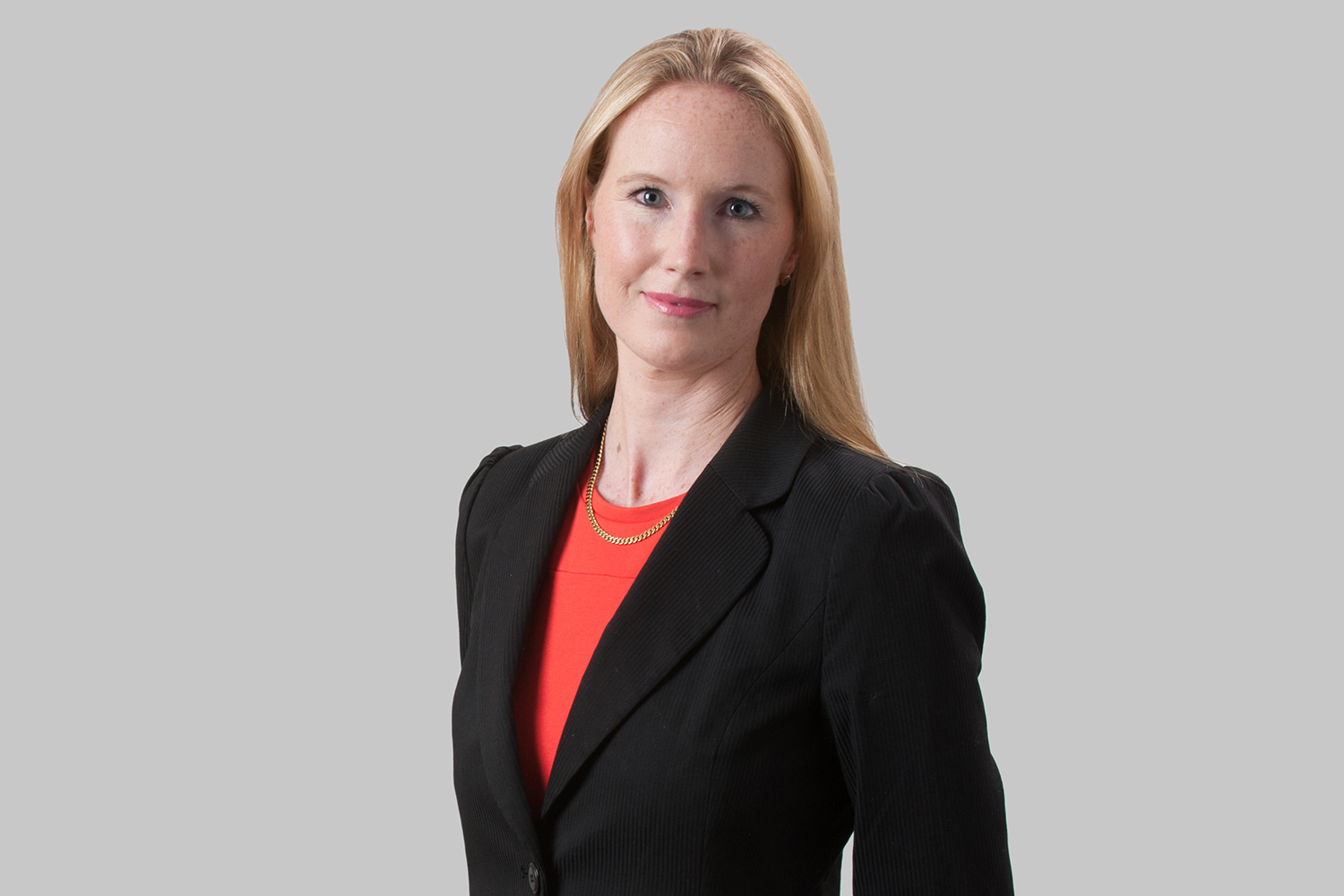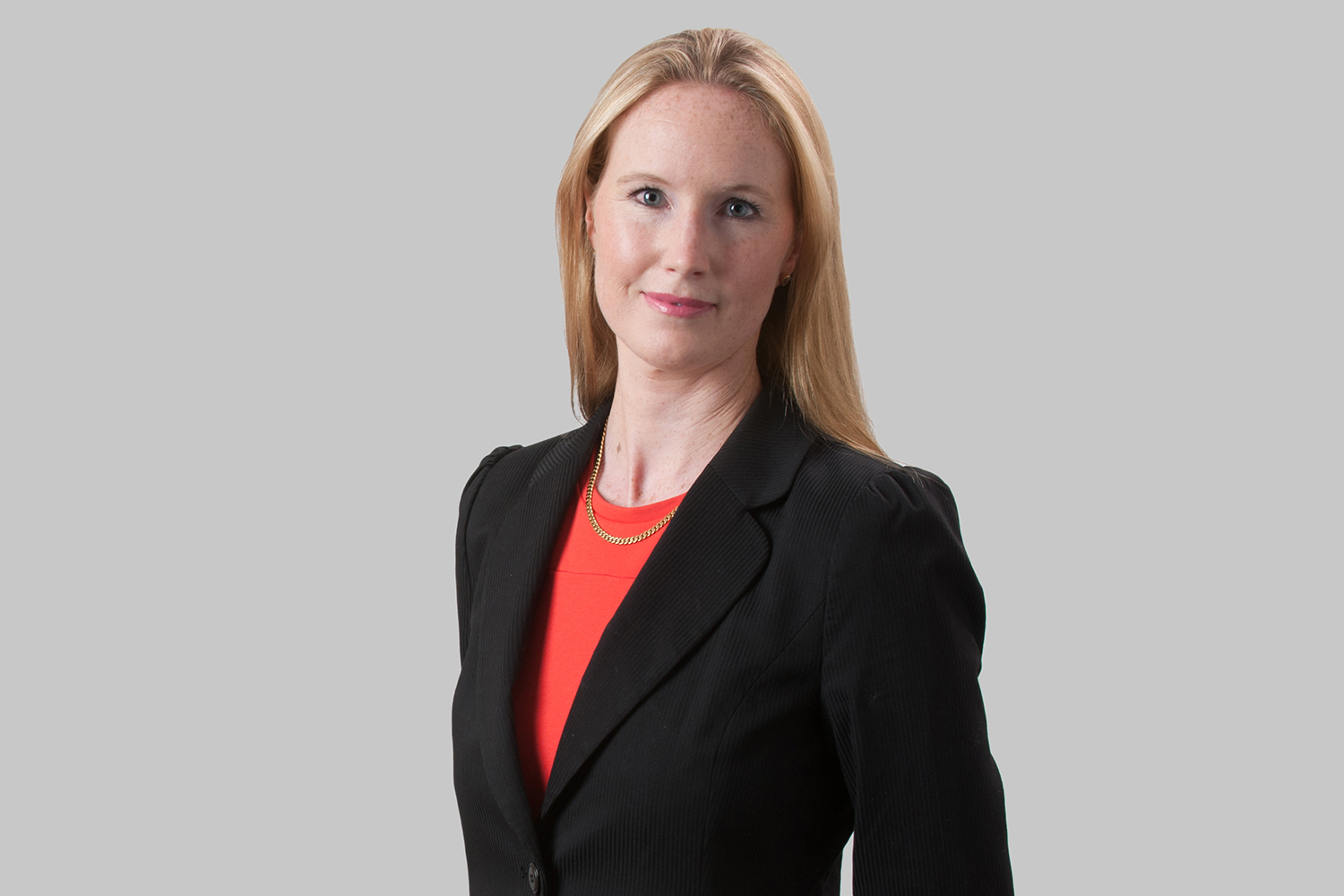
Kate Hodson 凯特·赫臣
Partner and Head of ESG (Legal) 合伙人 | Legal
Hong Kong

Kate Hodson 凯特·赫臣
Partner and Head of ESG (Legal) 合伙人
Hong Kong
No Content Set
Exception:
Website.Models.ViewModels.Components.General.Banners.BannerComponentVm
Regulators around the globe are proposing measures aimed at tackling greenwashing within the investment funds industry. In this article, Ogier Sustainable Investment and ESH team discusses the challenges and questions clients are facing as they look to comply with and navigate the growing swell of ESG regulations across the EU, UK and US.
In the US, combatting greenwashing is a core regulatory priority of the Securities and Exchange Commission (SEC), which has proposed two ESG-related changes to the Investment Company Act "Names Rule", and proposed rules to enhance and standardise climate related disclosures for investors under the Investment Advisers Act of 1940 and the Investment Company Act of 1940 (together SEC Proposals).
The Financial Conduct Authority (FCA) in the United Kingdom (UK) has also recently issued proposals under the Sustainability Disclosure Requirements (SDR) and investment label consultation to introduce a package of measures aimed at clamping down on greenwashing.
In the European Union, fund managers have been preparing for some time since the Sustainable Finance Disclosure Regulation (SFDR) entity-level (or "level 1") disclosure requirements came into force in March 2021. The EU SFDR requires firms to report on their sustainability risks and impacts, at both product and entity-level, with the intention of combatting greenwashing and improving transparency
Ahead of the introduction of SFDR product-level or "level 2" disclosures due 1 January 2023, Ogier Global's Sustainable Investment (SI) Consulting team has been working closely with clients across Asia, US and Europe to get ready for compliance and to navigate the potential implications of SEC and FCA.
Difference in facts versus interpretation of ESG regulation remains a growing challenge for the market in its response to managing potential "greenwashing". The FCA has defined this as making exaggerated, misleading or unsubstantiated sustainability-related claims about their products. In addition to greenwashing, "understatement", sometimes referred to as "green blushing" is also a rising challenge. While greenwashing attracts more negative publicity, both are undesirable outcomes as they impede investors gaining an accurate understanding of the sustainability characteristics of the product that they are investing into. Below we provide a summary of the most common queries raised by our clients:
The main differentiator with SDR is that it is a labelling regime, not a disclosure regime. If products do not meet the qualifying criteria under the FCA's proposals, they will not be able to use any of the regulator's sustainable investment labels. These labels are grouped into five classifications: "not promoted as sustainable", "responsible", "sustainable-transitioning", "sustainable-aligned" and "sustainable-impact".
SFDR sets specific disclosure requirements in place based on whether an investment product's objective pursues "sustainable investment" (Article 9 of SFDR) or "promotes environmental or social characteristics" (Article 8 of SFDR). While EU authorities have been adamant SFDR is not a labelling, the market has adopted its own interpretation with use of terms such as "light green" products referring to Article 8 and "dark green" products referring to Article 9, or reference to a tiering (ie 8, 8.5, 9, 9.5).
The SEC has proposed a principles-based approach rather than a labelling standard – with a view that "ESG" as a term encompasses “socially responsible investing,” “sustainable,” “green,” “ethical,” “impact” and “good governance.” Where this becomes somewhat confusing is despite the SEC's goal not to label, they do set out three fund types and objectives under "integration fund", ESG-focused fund" and impact fund".
Furthermore, while the SDR will require similar types of documents to the SFDR (pre-contractual, website disclosures and periodic disclosures), the FCA is "not proposing to mandate a template at this early stage". The SDR will also require "more granular information", relating to investment policy and strategy.
The use of terms such as “ESG”, “green”, “sustainable”, ”social”, “ethical”, “impact” or any other ESG-related terms should be used only when supported in a material way by evidence of sustainability characteristics, themes or objectives that are reflected fairly and consistently in the fund’s investment objectives and policy and its strategy as described in the relevant fund documentation. Furthermore, managers should take note of the European Securities and Markets Authority (ESMA) guidance released in May 2022, including its reference to funds that use the term “impact” or any other impact-related term in its name – this term should be used by investments with the intention to generate positive, measurable social and environmental impact alongside a financial return.
Developing a measurement mechanism is fundamental to qualifying impact claims and to avoid "impact-washing". FCA defines impact investing as products that aim to make a positive, measurable environmental or social impact, including by directing capital to underserved markets or addressing market failures.
The FCA offers an inventory of strategies, drawing on the Global Sustainable Investment Alliance’s Global Sustainable Investment Review 2020, including “ESG integration,” “corporate engagement and shareholder action,” “norms-based screening,” “negative/exclusionary screening,” “best in class/positive screening,” “sustainability themed/thematic investing” and “impact investing and community investing”. SFDR mentions a non-exhaustive list of sustainability strategies (ie best in class, thematic, ESG integration, ESG engagement, impact investing, exclusions).
The EU taxonomy is the fundamental cornerstone of a suite of regulation to be launched by the EU to improve and standardise sustainability reporting. In particular, the taxonomy will support the SFDR and the upcoming Corporate Sustainability Reporting Directive (CSRD). Under SFDR, any funds with environmental objectives are in-scope under the EU taxonomy. Asset managers have to report the percentage of their turnover, capital expenditures and operational expenditures aligned with the EU taxonomy and the percentage of their portfolio invested in activities aligned with the EU taxonomy. At the core of the taxonomy regulation is the definition of a sustainable economic activity. This definition is based on two criteria. An activity must:
Contribute to at least one of six environmental objectives listed in the taxonomy; and
Do no significant harm to any of the other objectives, while respecting basic human rights and labour standards.
Within the activities that substantially contribute to one or more environmental objectives, the taxonomy also defines two classification categories: enabling activities and transitional activities. Enabling activities allow other activities to make a substantial contribution to one or more of the taxonomy’s six objectives. However, enabling activities cannot lead to a ‘lock-in’ of assets which would undermine long-term environmental goals. They must also have a substantial positive environmental impact over the activity’s lifecycle. Transitional activities must contribute to climate change mitigation and a pathway to keeping global warming in line with Paris Agreement commitments.
Several challenges arise:
Many managers are hesitant due to requirements to disclose the “minimum proportion” of taxonomy-aligned investments in the pre-contractual financial product disclosures. The commitments on the “minimum proportion” of taxonomy-aligned investments are intended to be binding commitments to ensure transparency to end investors on the taxonomy ambitions of the financial product. In that respect, as for any other binding commitment included in the pre-contractual information, penalties for failing to respect such commitments are set out in the sectoral legislation referred to in Article 6(3) SFDR.
Often managers set no intermediate objectives when the reference is made to Paris Agreement and 1.5 scenario as defined by the Intergovernmental Panel on Climate Change (IPCC). We recommend that boards and risk committees prioritise setting annual targets and disclose progress towards such targets to give further clarity to regulators and investors.
It is a well-known market challenge that ESG data gaps are present today, however where such information is not available for PAI or other metrics, in order to be able to fulfil the disclosure requirement for SFDR, the manager can also highlight a "best efforts" approach used to obtain the information either directly from investee companies, or by carrying out additional research, cooperating with third party data providers or external experts or making reasonable assumptions. Data gaps are especially acute for emerging markets private equity and debt funds where data is very scarce and less third party data providers are available.
As the EU social taxonomy has been shelved, many funds with a social objective are falling into a grey area. Useful guidance for such "S" focused funds includes the Platform on Sustainable Finance's Final Report on Social Taxonomy.
Further, while environmental risks, carbon emissions in particular, are somewhat easier to quantify, social risks are often more localised and culture dependent, making a universal taxonomy very challenging to develop. As a result, capturing qualitative information alongside quantitative data is beneficial. We recommend our clients to review "S", "G" and "E" separately in order to then integrate these risks into one holistic framework that makes sense for their investment portfolios.
Developing senior management teams and boards with ESG knowledge is critical to managing ESG risks. ESG training needs to have a defined agenda and the leadership team needs to close any internal knowledge gap by offering such training frequently to staff. This will also assist in putting ESG risks and opportunities on the regular agenda for leadership, which will help with clarifying and setting intermediate ESG targets including climate targets, that can also be linked to executives’ remuneration and KPIs.
Most recently we have seen some confusion regarding how pre-existing and closed funds should be treated, especially if such funds had any ESG objectives or continue reporting - even if the manager has stopped fundraising. The European Commission confirmed that pre-existing financial products that continue to be available to end investors on or after 10 March 2021 are subject to the SFDR. However, the commission also indicates that financial products that were no longer made available to end investors as of 10 March 2021, but that are still subject to an obligation to prepare a periodic report (eg an annual report under Article 22 of the Alternative Investment Fund Managers Directive (AIFMD)), are required to ensure that such periodic report complies with Article 11 of the SFDR. The commission also indicates that such financial products are subject to the product-level website disclosure obligations under Article 10 of the SFDR. As the SFDR provided no transitional regime, products made available to investors pre and post 10 March 2021 are in scope of the SFDR.
Our three final takeaways are a) transparency is the best practice, b) it is better to clarify before committing to ambitious targets and c) while managing ESG risks is an integral part of portfolio monitoring and management, not all ESG risks are material to all investment strategies and investment sectors.
Ogier is a professional services firm with the knowledge and expertise to handle the most demanding and complex transactions and provide expert, efficient and cost-effective services to all our clients. We regularly win awards for the quality of our client service, our work and our people.
This client briefing has been prepared for clients and professional associates of Ogier. The information and expressions of opinion which it contains are not intended to be a comprehensive study or to provide legal advice and should not be treated as a substitute for specific advice concerning individual situations.
Regulatory information can be found under Legal Notice
Sign up to receive updates and newsletters from us.
Sign up
No Content Set
Exception:
Website.Models.ViewModels.Blocks.SiteBlocks.CookiePolicySiteBlockVm